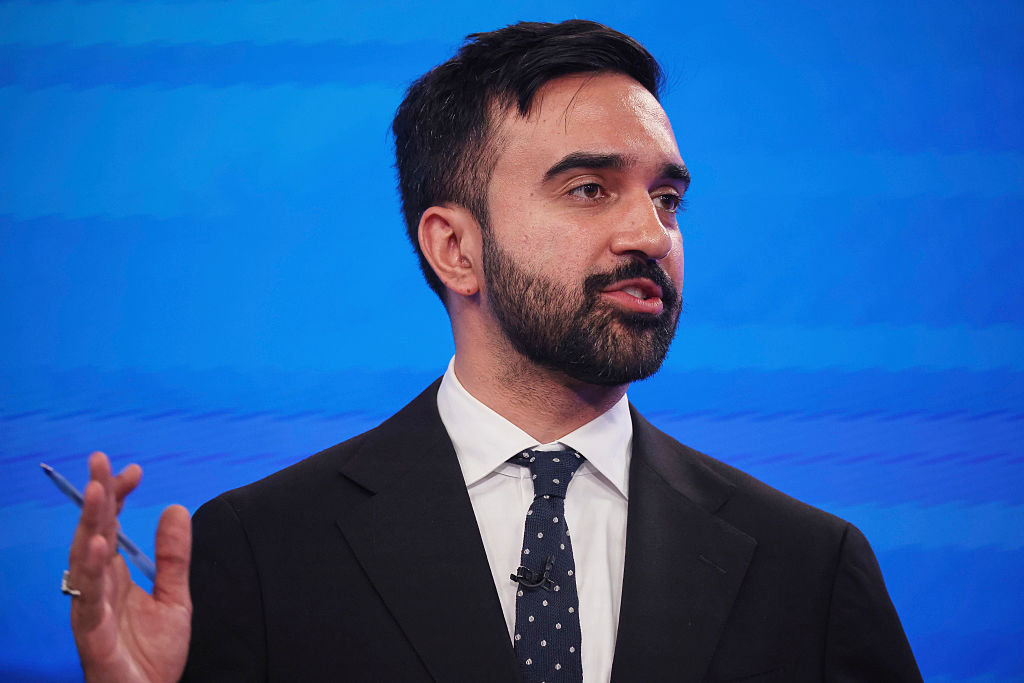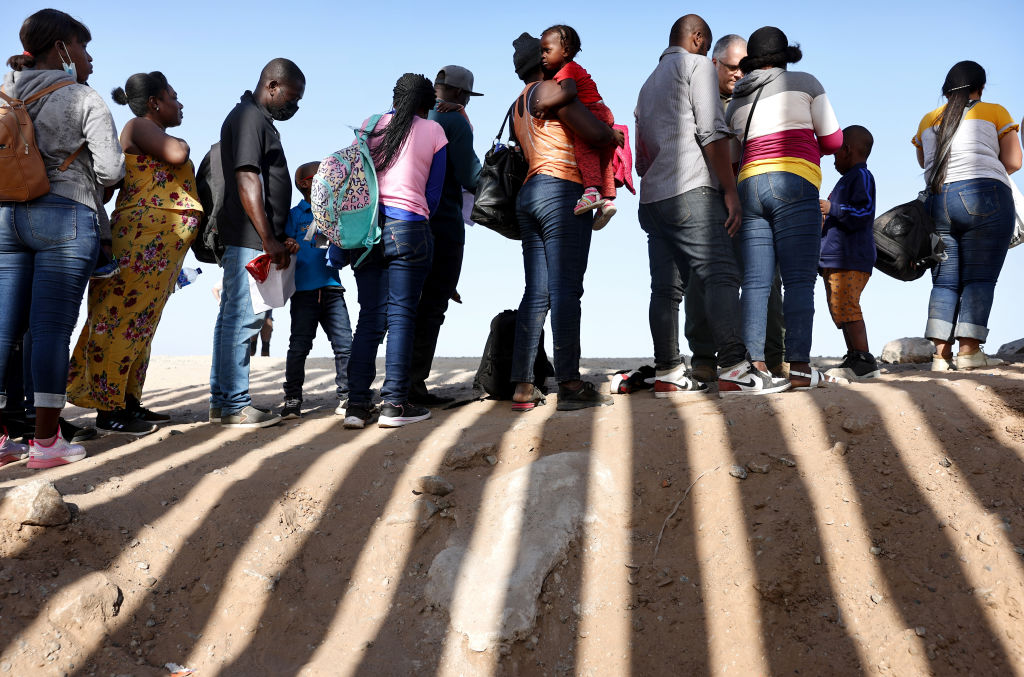The One Story: Closing Black Women’s Equal Pay Gap
Commemorative days like Black Women’s Equal Pay Day come and go without any real opportunity for reflection. But the staff at NewsOne recognizes that Black women’s work, ingenuity and grit deserve more than a passing acknowledgment of persisting disparities in pay and economic opportunity.
Take a moment and watch the above video about Black Women’s Equal Pay Day and read on to find out how Black women are leading the charge to address pay equity.
What is Black Women’s Equal Pay Day?
Black Women’s Equal Pay Day is an important economic indicator that measures the point when Black women finally catch up to what white men were paid the year before. According to the American Association of University Women, it takes Black women an estimated 19 months to earn the same as their white male counterparts.
Last year, Black Women’s Equal Pay Day landed on Aug. 3. But this year, it falls on Sept. 21, indicating the gap has widened. The wide pay gap persists despite having a higher workforce participation rate than their counterparts. It is estimated that Black women earn 63 cents on the dollar of what non-Hispanic white men make.
And in some states, like Louisiana, the disparity is even more significant. Data from the National Partnership for Women & Families indicates Black women in Louisiana only earn 48 cents on the dollar compared to their white male counterparts.
Earlier this year, In Our Own Voice: National Black Women’s Reproductive Justice Agenda, President and CEO Marcela Howell said the pandemic had exacerbated the situation for Black women and their families.
“The wage gap proves that Black women have been disparately impacted by the pandemic and inflation,” Howell said. “Black women workers shouldered the burden of the pandemic; Black women were more likely to be essential workers, risking their lives while many others worked from the safety of their homes, yet Black women’s wages suffered too.”
Closing the race-gender pay gap is the tip of the iceberg.
While the country is in a period of recovery, not everyone is experiencing that recovery in the same way. Black women and their families continue to be negatively impacted by inflation and rising costs. While Black women’s unemployment decreased in the July jobs report, it is still double white women’s unemployment. For Black youth, the number is even higher.
Angela Peoples, a political strategist and co-founder of the social impact organization The South, spoke with NewsOne about the need to do more than focus on pay equity.
“You can’t have a conversation about wages and the wage gap without talking about the historical institutional harms and the policy decisions that have resulted in Black women experiencing this exorbitant gap between their white counterparts and white men,” Peoples said. “It stands to reason that if you want to address inequality and help those disparately impacted, you may want to start with who’s experiencing the worst impacts.”
According to Peoples, it’s not just giving Black women equitable pay but equitable opportunity in the types of positions available to them. For example, Black women are overrepresented in lower-wage jobs such as the service industry.
A February 2022 Health Affairs report found that Black women were overrepresented “in the healthcare workforce, and they are frequently relegated to some of its lowest-paying and most hazardous jobs with a lack of benefits.”
And given the precarious economic situation, Black women are more likely to struggle to pay back student loans than other groups, among other challenges.
The Black Women Best framework offers a path forward
As a member of the Black Women Best Working Group, Peoples is a part of a collective of Black women economists, organizers and elected officials who are rethinking how the country engages in economic and social policy.
In March, Rep. Bonnie Watson-Coleman, alongside Reps. Robin Kelly and Yvette Clark introduced the Black Women Best legislative agenda as a Congressional resolution. The three representatives co-lead the Congressional Caucus on Black Women and Girls.
“Our report provides a compelling legislative agenda that centers Black women across a variety of issues and topics including economics, democracy, health,” Watson-Coleman explained during a recent webinar. “This report uses the black woman best framework to demonstrate how inequities are best addressed by recentering policy on black women to eliminate racial and gender disparities.”
The Black Women Best legislative agenda is a first in the nation opportunity to build a pathway to uplift Black women, their communities and the country as a whole.
“It is imperative to reorient this nation’s thinking in a manner that deliberately moves Black women and girls from the margins of our society to its center,” Clark said. “It’s time to create policies to pull Black women from the depths of poverty and economic precarity into prosperity.”
SEE ALSO:
These Black Women Are Making HERstory In Elections For Minnesota State Senate
This Postpartum App Is Changing The Mental Health Care Space For Black Mothers
















